Fast Facts About Neurocritical Care: What Nurse Practitioners and Physician Assistants Need to Know
“This practical and common-sense approach is an excellent companion to the care you provide to your patient.” — Grace H. Bryan President, Association of Neurosurgical Physician Assistants [From the Foreword] This pocket-sized guide distills complicated neurological conditions to deliver the essentials of best care for the neurocritical patient. Often missing from acute care courses, neurocritical
“This practical and common-sense approach is an excellent companion to the care you provide to your patient.” — Grace H. Bryan
President, Association of Neurosurgical Physician Assistants
[From the Foreword]
This pocket-sized guide distills complicated neurological conditions to deliver the essentials of best care for the neurocritical patient. Often missing from acute care courses, neurocritical care is a growing field, with more patients than ever admitted to the ICU for neurocritical conditions. This specialty requires specificity and precision, but as this practical resource demonstrates, the intricacies of neurocritical care should not be an insurmountable obstacle for any APP.
Written in an easy-access style, Fast Facts About Neurocritical Care covers the defining characteristics, clinical presentation, diagnostics, treatment, and nursing considerations of common neurological disorders seen in acute care settings. Chapters review the assessment and diagnosis of common and not-so-common neurological conditions that can often be difficult to recognize and manage. With learning objectives, illustrations, and Fast Facts boxes highlighting critical content, this reference is an invaluable resource for orientation into this oftenchallenging specialty.
Key Features:
Useful pocket resource for difficult-to-master neurological conditions presenting in ICUAddresses a growing area of healthcare―a rapidly expanding specialty requiring well-versed nurses, nurse practitioners, and physician assistantsReviews the basic neurological exam, as well as exam of the comatose patientExplains pertinent diagnostics including CSF interpretation and different imaging modalitiesDiscusses commonly used treatments and medicationsPresents an orientation resource to this challenging specialty
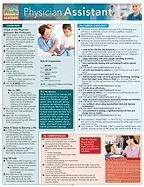
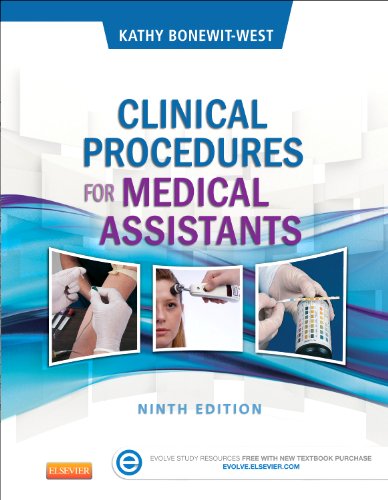
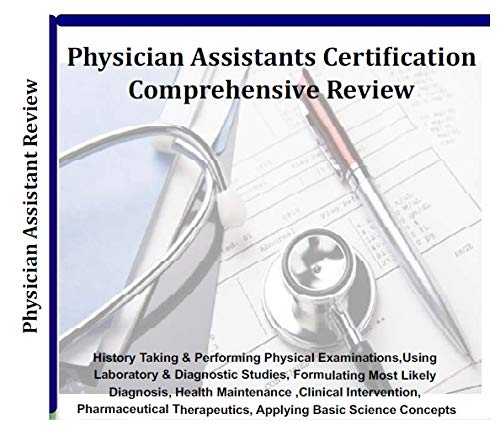

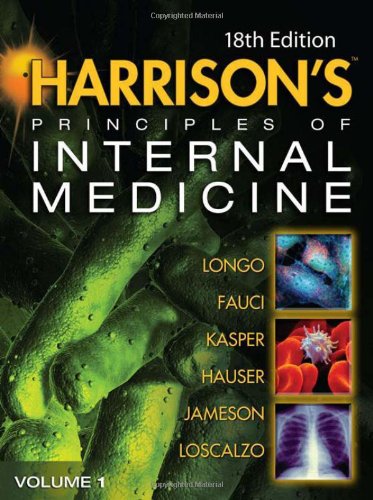

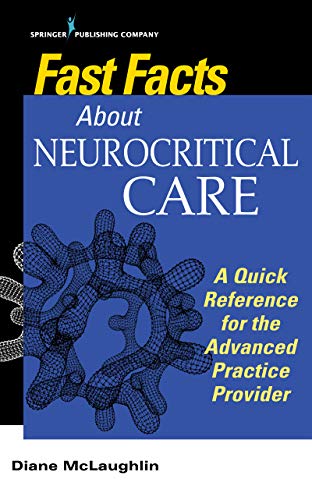
Comments
Comments are disabled for this post.